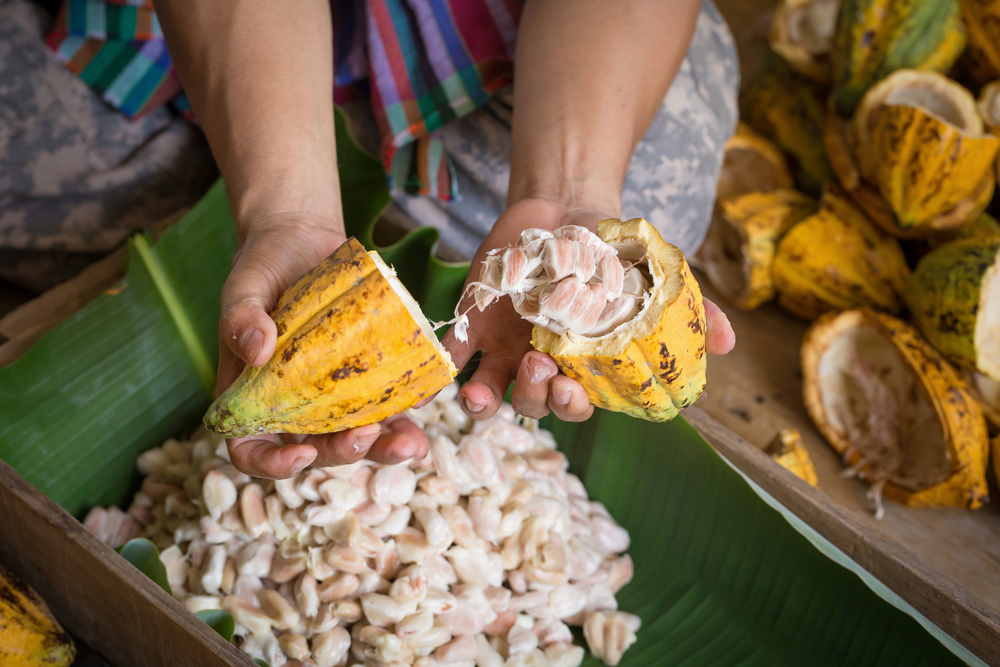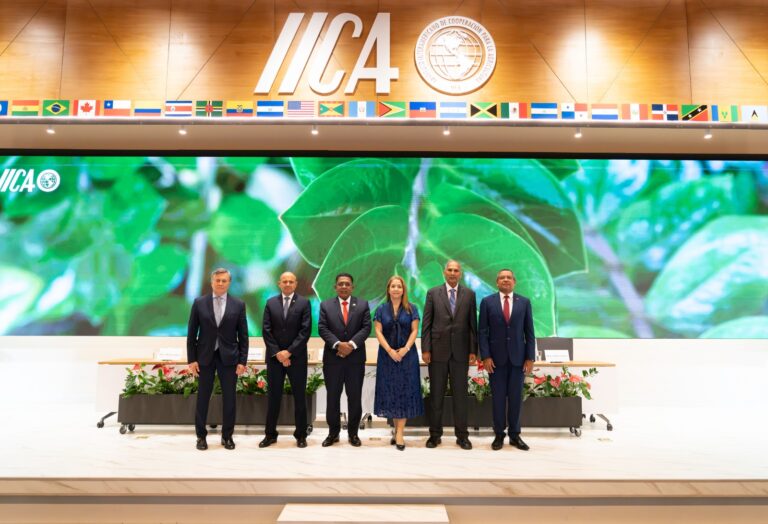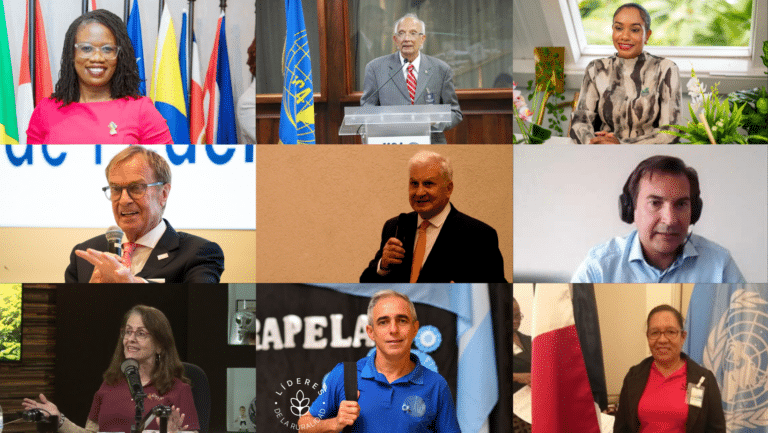The Ministry of Agriculture and Livestock of Costa Rica (MAG), with the support of IICA, spearheaded an initiative to increase the competitiveness of smallholder cocoa farmers in the Northern Huetar, Caribbean Huetar and Brunca regions.

San Jose, 2 April 2019 (IICA). Consolidating the cocoa chain, increasing its productivity, developing competitive businesses and applying sustainable production schemes are the main goals of the 2018-2028 National Cocoa Plan, drafted by the Government of Costa Rica with the support of the Inter-American Institute for Cooperation on Agriculture (IICA).
The plan focuses on smallholder farmers of the Northern Huetar, Caribbean Huetar and Brunca regions of Costa Rica, focusing on the areas of inputs and services, production, transformation, trade and consumption.
In order to outline the plan, IICA gave its support to the Ministry of Agriculture and Livestock (MAG) of Costa Rica and to the 20 organizations that make up the Inter-Institutional Cocoa Committee, created to this end.
“With this strategy, we expect to go from 4,000 hectares to 6,000 hectares of cocoa plantations in five years, and increase the number of farmer families from 3,000 to 3,500” according to the Minister of Agriculture and Livestock, Renato Alvarado.
The plan will enable an analysis of the status and potential of the cocoa chain, to adjust its production to the characteristics and requirements of international markets, said Miguel Ángel Arvelo, IICA Representative in Costa Rica.
Furthermore, it will facilitate a systematization of good practices, the adoption of sustainable production systems and the generation of value-adding and trade schemes that will benefit smallholder farmers.
”We must bridge the gaps that exist in the dissemination of genetic material, crop-handling techniques, standardization of protocols for fermenting and drying, access to differentiated sources of financing, logistics and governance of the chain”, explained Arvelo.
On this last point, IICA will have a key role to play in bringing together the stakeholders of the cocoa chain and other related initiatives, to the benefit of small producers.
The aim of this plan is also to address employment needs in rural and vulnerable areas, and to strengthen global trade opportunities for the product by reinforcing the attributes of Costa Rican cocoa, positioning it as a gourmet product for its sophistication and flavor.
Additional videos (Spanish only):
More information:










